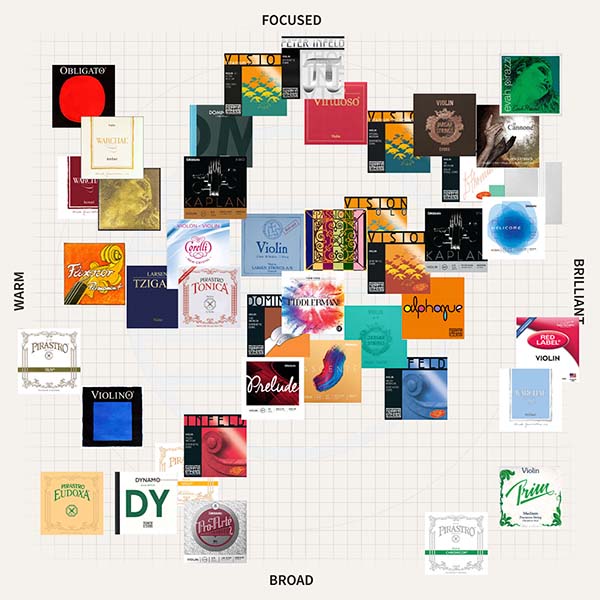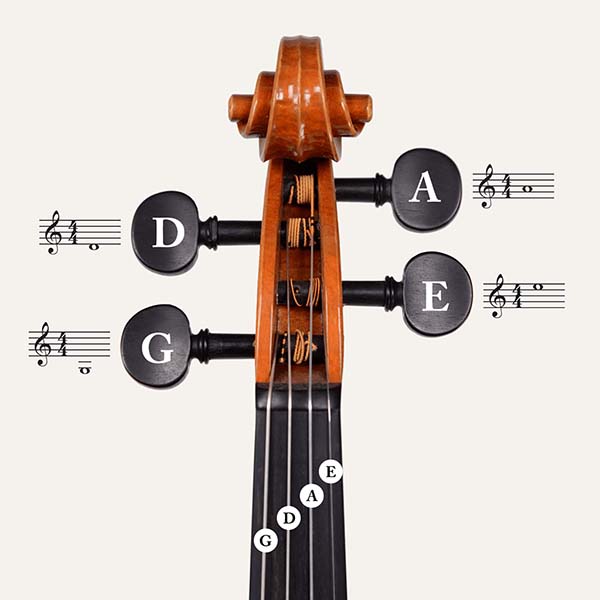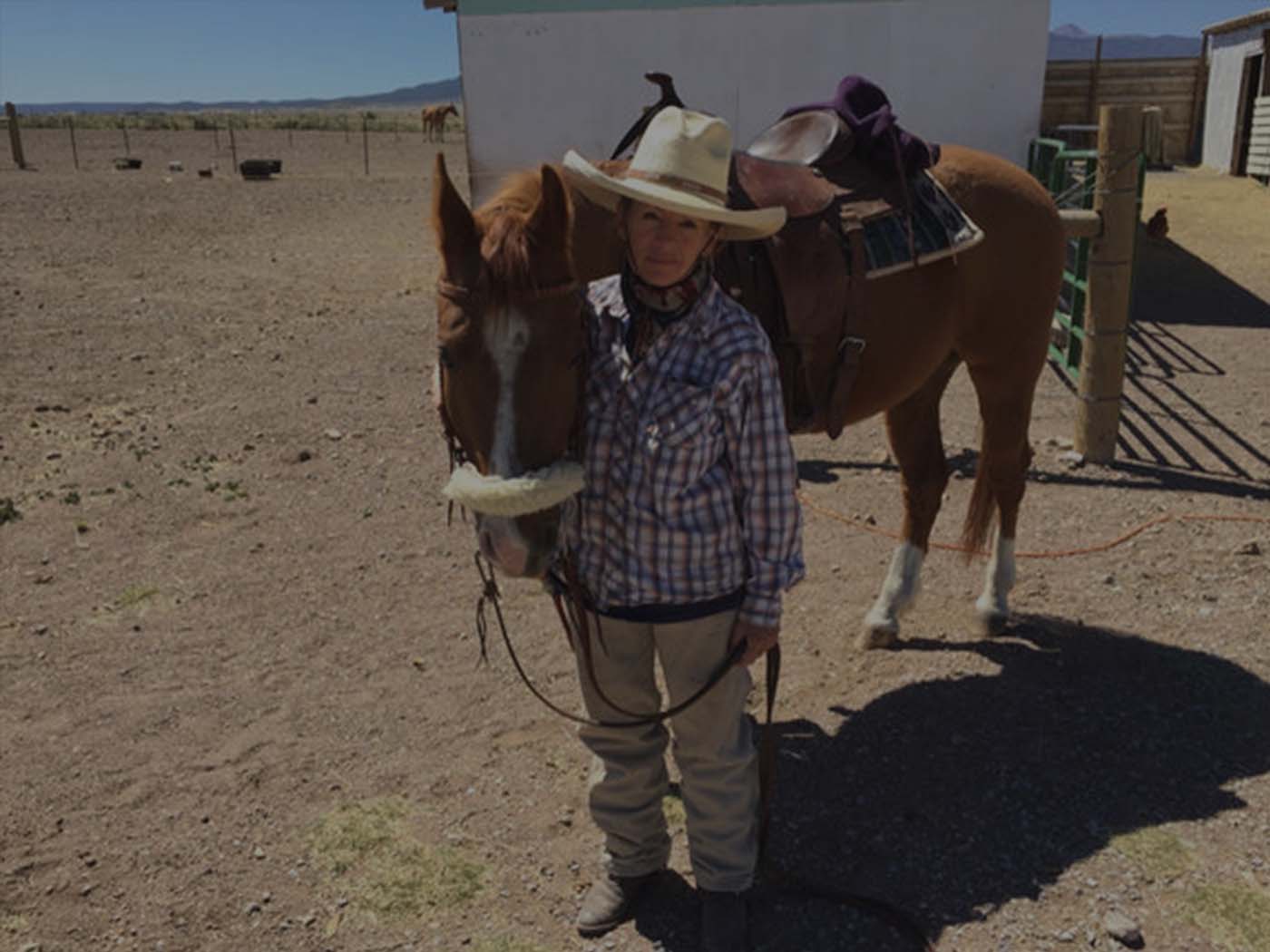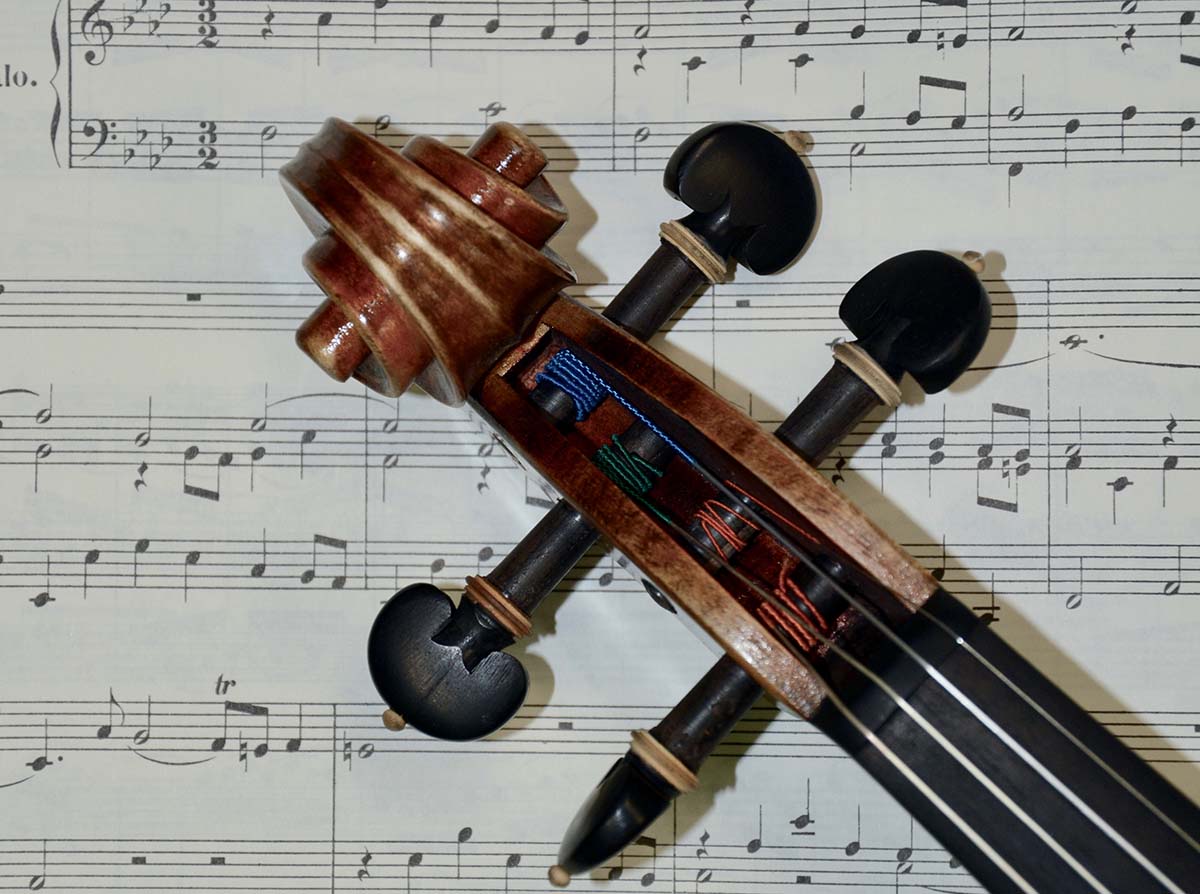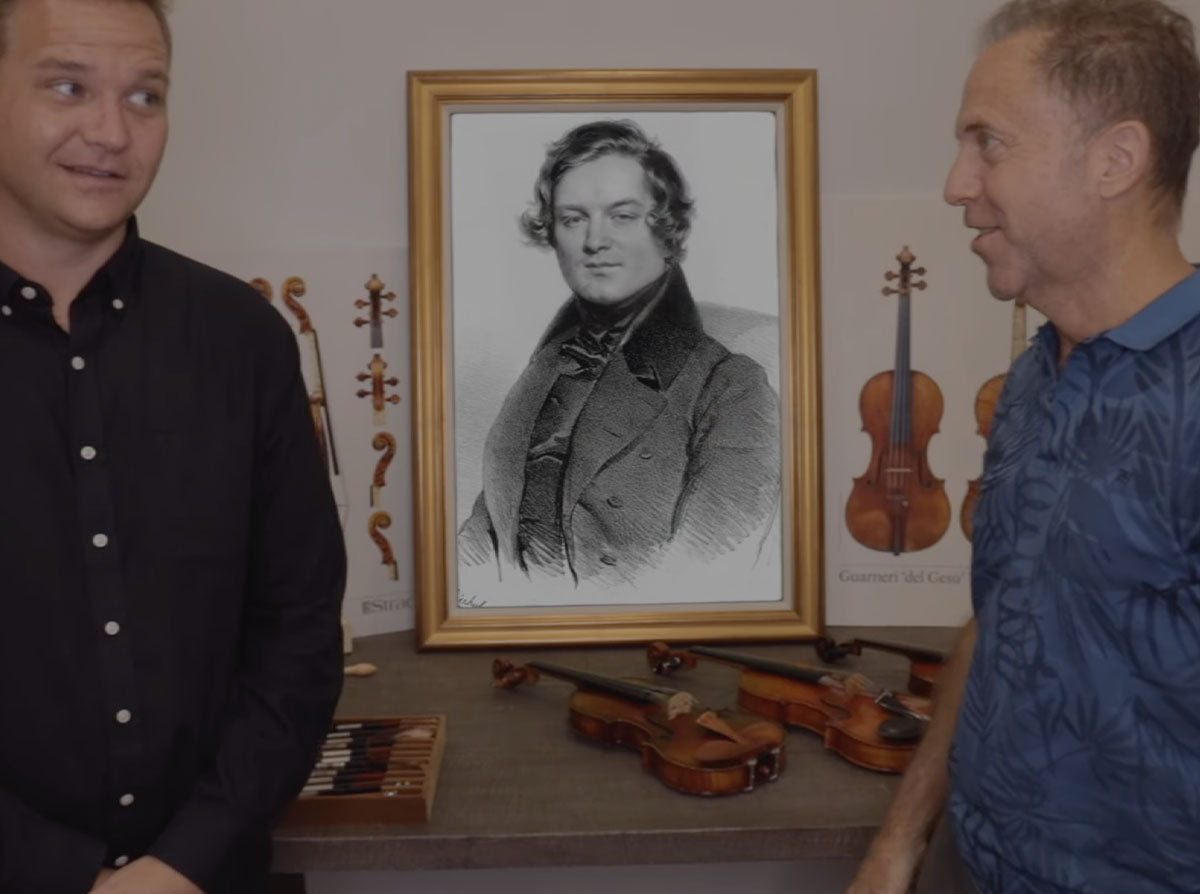Traumatic Brain Injury (TBI), of which concussions are a part, is a common problem in the United States. An estimated 1.4 million Americans experience a TBI each year, with approximately 50,000 people dying from their injuries. Traumatic brain injury may be described as an injury that occurs when a sudden trauma damages the brain. Traumatic brain injuries are an event that affect athletes, service men and women and those who may have suffered a catastrophic event like a car accident or a fall. In many cases, they may have limited functionality of both their speech and mobility. No matter the severity of injury, a patient can benefit from music education, whether listening to music, singing, or performing on an instrument. Patients can engage in music listening assignments that include selected pieces of music or music that an ensemble is currently rehearsing. For individuals with mild TBI who are able, performing music has also been shown to be beneficial. Music can restore some of the cognitive functions, sensory and motor functions of the brain after a traumatic injury.
Here at Fiddlershop, we are fortunate to have customers from so many different walks of life and vastly different journeys. Kitt McComb, who has been a Fiddlershop customer for a couple of years was kind enough to share her experience with her journey of recovery from a traumatic brain injury and how music plays an important part on her recovery.
Could you please tell us little about yourself, how long you have been playing a musical instrument and about your journey?
I am a horse trainer, dog breeder, novelist, and budding Irish fiddler.
I began riding horses when I was three, and horses are the love of my life. However, I always had an affinity to music. An uncle was a fiddler and my older sister played cello, and they inspired me to want to learn violin. Unfortunately, when I was six, we moved to a rural area that had no school orchestra and there was no one who could teach string instruments. Piano, guitar, some brass. That was it.
I picked up guitar at ten, but nothing serious until college, where, as a vocal performance major, I took classes. I also began playing piano to fulfill the academic requirement.
My goal was to sing opera, but after five years of study, I realized that I had a nice voice, but not much more than that. I switched to an English major and left behind music as a career option.
In June 2007 a horse fell with me. We were going at a fairly good rate of speed, and her legs went out from under her. (Turned out she had a neurological condition that was just developing.) The point of impact was on my right shoulder and the right side of my face, cracking my cheek bone, breaking my nose for the third time, and leaving a nice fracture all the way from my brow past my hairline. Rather than just one point of impact on my brain, the poor thing slammed around inside my skull. The whole thing was damaged. The EMT who rode in the ambulance with me told my neighbor, also an EMT, that he thought I was a "talk and die". No, where we live, there's no privacy about accidents like this. Folks share information.
I had to relearn so many things. And I could no longer listen to any music at all for about a year. Then, I could listen if there were no other distractions. It wasn't easy. Mozart and Bach were essential to recovery and slowly, over a period of years, I listened more and more. By 2017 I could listen to Led Zeppelin and Icehouse. Yeah!
Winter 2018 was rough, and I wasn't able to train or ride much. I was bored and restless, and one day, I thought, "I should go ahead and try violin." After all, I'd always wanted to play. So, I bought a cheap violin, just to see if it was anything at all I might like or even be able to do. I fell in love with the instrument.
My husband found Fiddlershop, talked to Michael, and we bought a Soloist. I could have started out with a less expensive instrument, but with all of my musical training, I have a very good ear. TBI did not take that away. Not only was quality important, but since I planned to learn on my own, I knew that an instrument of high quality would let me know when something wasn't right. A cheap instrument would only leave doubts: Is it me or the violin?
Then, in 2020 I purchased a Master cello and a Soloist viola. I also play guitar.

*Kitt McComb and her best pal, Happy
In what ways has playing helped you heal from your TBI and its effects?
For years after TBI, until I began playing violin, I couldn't read for long, maybe only a page. I could no longer do any sort of word puzzle. I couldn't be on the computer at all. I had headaches and was often down, at times even depressed. A few months after I began playing, I realized, "Hey. I just read twenty pages!" I'm now up to fifty an hour, and I just finished reading "War and Peace" for the fourth time. I began working all sort of puzzles. I could read news on the computer and watch violin videos. And the best thing of all, was that I could handle distraction. I could think two thoughts while talking and not freeze up for an hour in a syncopal hell.
My concentration is close to what it was before TBI. And I can eat Continental style again. Yes. I'd lost that ability as well.
I tried playing guitar periodically after TBI, but I could play only chords until 2018 when I purchased "Solo Guitar Playing" by Frederick M. Noad. I made good progress up to the point where I left off in college. I was stuck. Everything after third position was a blur. Seeing chords as a line of notes on a staff, not a notation above the words in a Beatles song book, was impossible. It just wasn't going to happen.
Forget piano. It was gone.
But with violin, perhaps because it was new, I zipped along at a good rate. Location of the notes was not difficult to learn, although intonation is always a concern; playing the upper positions is not overwhelmingly difficult; the bowing is a work in progress, but I get better every day. Something about the desire to learn since childhood, mixed with no learning attachment to the past, has allowed me to make progress similar to other adult learners. (I just turned 62.) The one thing I truly am unable to do is a vibrato. It's still not there. And might not ever be. But Irish fiddle music doesn't use much vibrato. And I always knew I'd never be a Ray Chen. I simply don't have the time.
Would you give us an example of what your music therapy consisted of on a typical day?
The one item I committed to early on was being easy on myself. First of all, as a vocal performance major, I know what it is like to push hard; to be criticized to tears; to blow an audition or a music theory test (we won't discuss my stellar performance in Counterpoint class). I decided that learning violin was going to be a fun thing. And it has been. That is one thing TBI has taught me, we all have limitations, and TBI can really shine a spotlight on them. It was exquisite knowing that I would no longer have to stand in front of the "jury" and wait for them to ask me to sing my least prepared aria. No, this was going to be fun, and I could finally truly enjoy music.
One thing I am only just now able to do is to work a section repeatedly. Before, I had to play things straight through. Any song I tried to take apart, say two years ago, I still can't play it. I freeze at the troubled spot. There are times when my brain will not let me even consider playing it. "No. That song is dangerous."
"Okay, brain. If you say so."
I also couldn't play a song more than twice in a row during the same practice session. If I repeated it, and botched it or recalled a rough spot, I'd freeze, get lost, confused. And frustrated. Big rule: No frustration in this game. So, I sometimes zip through a song and move onto the next. It slows down the memorization process, but I have plenty of time. Because my TBI is a temperamental creature, I liken my violin training routine to the way I work with my sensitive and high-strung off-track thoroughbreds. No need for much boring repetition. Just sleep on it. You'll get it tomorrow.
I warm up by bowing, then I play positions, and then I play scales, and then I work on double stops, bowing techniques, and then I move on to "Finger Exercises" by Cassia Harvey. There are days when I might not want to play the exercises, or I cut the scale work short. I honor that. My brain is telling me to just play and have fun. I also use "Essential Technique for Strings" by Allen, Gillespie, and Tellejohn Hayes. They are clear, concise, and easy to use. Very achievable goals in each lesson. They were written with children in mind, but not childish at all.
I follow the same routine for cello and viola. Since I have reached another learning plateau with guitar, I'm playing only Irish jigs with it. Just something fun and very easy to memorize. I still have much trouble memorizing guitar pieces. But not with the other instruments. This process has become much easier by playing through and recalling the tune. If I find it on YouTube, I listen a couple of times, play, and it's memorized.
Length of practice? Depends on the season. But an average day is violin--2 hours; viola and cello-- one hour each; guitar -- 30 minutes. I keep a practice log, not to show what I didn't achieve, but what I did achieve. Very important. I write out the songs I want to practice, and I keep it achievable. If I play more, I write them down as well, and I give myself stars and exclamation points. I am kind to myself.
Thank you Kitt, for sharing your story and your journey with us all.
Music Therapy is a career path that over the years has seen the number of students studying the field multiply exponentially. Music therapists use music-based experiences to address client needs in one or more aspects of human functioning: cognitive, academic, emotional/psychological; behavioral; communication; social; physiological (sensory, motor, pain, neurological and other physical systems), spiritual, aesthetics. Some common music therapy practices include developmental work (communication, motor skills, etc.) with individuals with special needs, songwriting and listening in reminiscence, orientation work with the elderly, processing and relaxation work, and rhythmic entrainment for physical rehabilitation in stroke victims. Music therapy is used in medical hospitals, cancer centers, schools, alcohol and drug recovery programs, psychiatric hospitals, nursing homes, and prisons.
Evidence suggests that music therapy is beneficial for all individuals, both physically and mentally. Benefits of music therapy include improved heart rate, reduced anxiety, brain stimulation, and improved learning.
There are two types of music therapy, which are receptive music therapy and active music therapy (also known as expressive music therapy). Active music therapy engages patients in the act of making music, whereas receptive music therapy guides patients or clients in listening or responding to live or recorded music. Either or both can lead to verbal discussions, depending on patient’s needs and the therapist's orientation.
Receptive
Receptive music therapy involves listening to recorded or live music, or responding to music, through dancing or other movement to music, or lyric discussion. It can improve mood, decrease stress, decrease pain, enhance relaxation, and decrease anxiety; this can help with coping skills. There is also evidence chemistry in one's body may change, e.g., lowered cortisol levels.
Active
In active music therapy, patients engage in some form of music-making, which include vocalizing, rapping, chanting, singing, playing instruments, improvising, song writing, composing, conducting. Researchers at Baylor, Scott, and White Universities are studying the effect of harmonica playing on patients with COPD to determine if it helps improve lung function. Another example of active music therapy takes place in a nursing home in Japan: therapists teach the elderly how to play easy-to-use instruments so they can overcome physical difficulties.
Arizona Congresswoman Gabby Giffords, who suffered TBI because of being shot in the head in 2011, has been going through active music therapy, on her journey to get her speech, thought process and mobility back. Below is a link to an interview with the congresswoman discussing that journey:
*Courtesy of PBS News Hour on YouTube
Music does more than just put us in a good mood. It is a wonder drug that sets a lot of things right: It energizes your mind, eases stress, evokes emotions and soothes your soul. Everyone has their own personal equation with music, their own cache of songs that they fall back on in good times and the bad. And there is no denying the effect music has on us; it touches us and changes us in profound ways. In closing, we leave you with this recent interview of the incomparable Tony Bennett and his battle with Alzheimer’s. It shows that even when his dementia is at its worst, once the music plays, he doesn’t miss a beat. The incredible power of music.
*Courtesy of CBS 60 Minutes on YouTube

